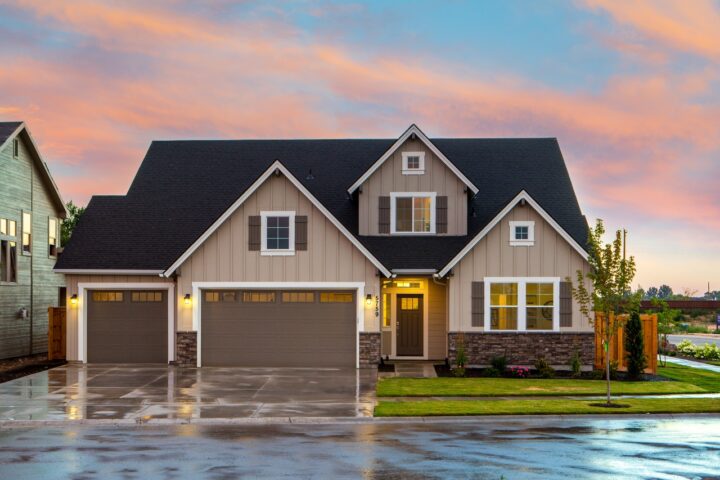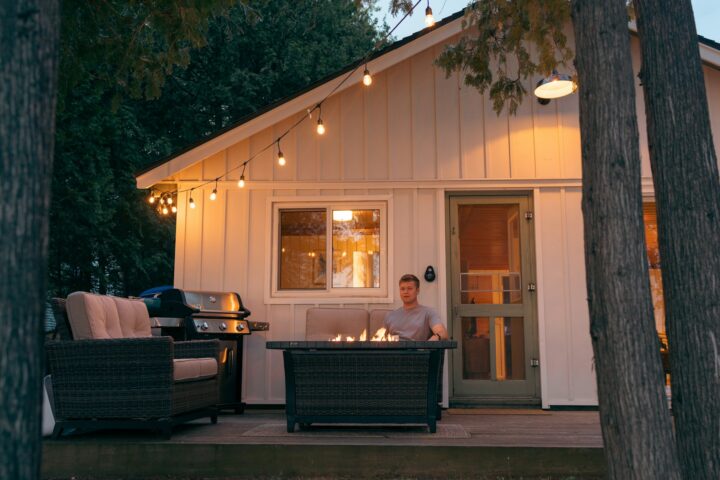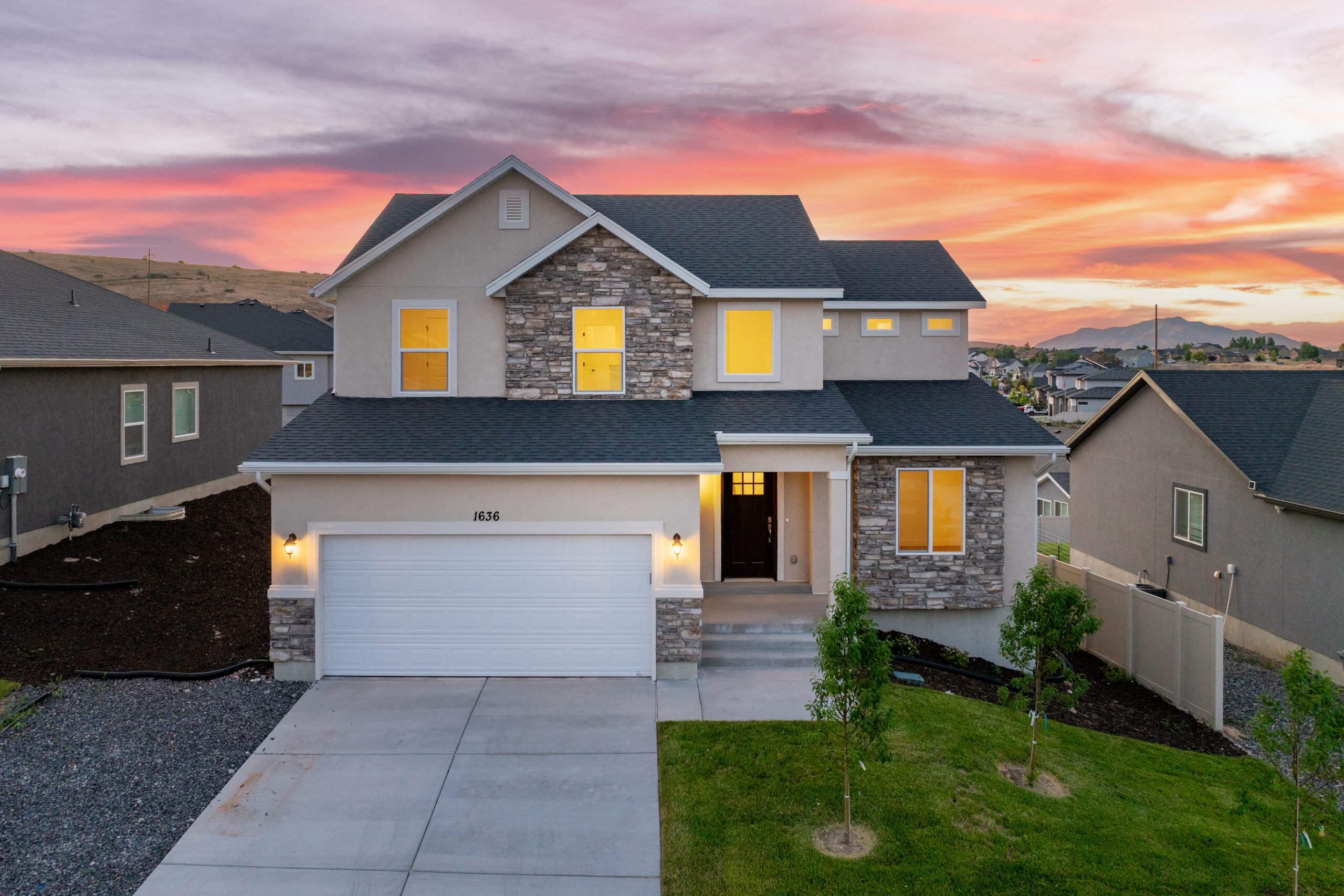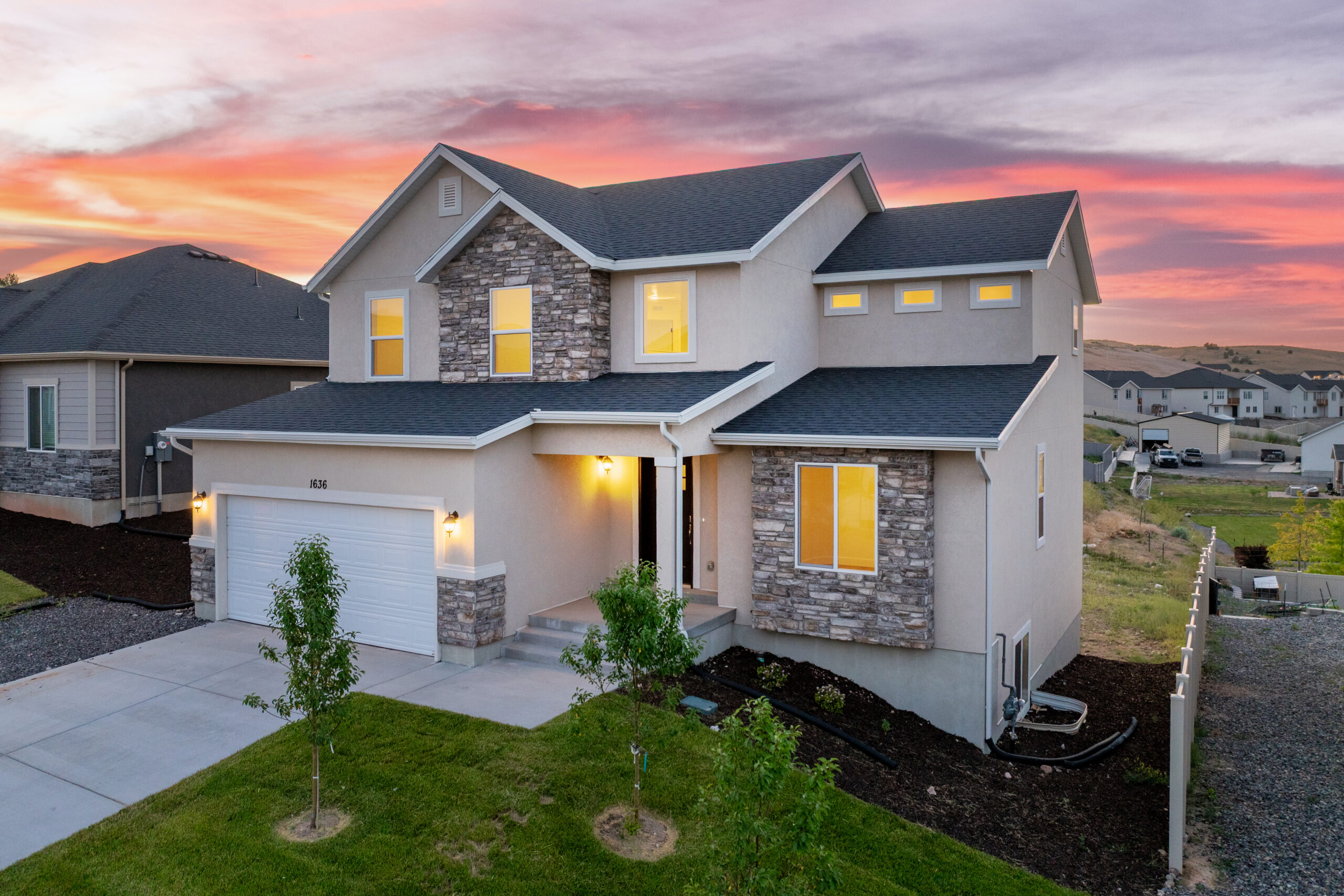Building a house is a significant investment that requires careful planning and consideration. One of the crucial decisions you need to make is how much land you need to build your dream home. The answer to this question depends on several factors, such as the size of the house, the location, zoning laws, and your lifestyle preferences. In this article, we will explore these factors and help you determine how much land you need to build your dream home.
Size of the House
The size of your house is one of the main factors that determine the amount of land you need. A larger house will require more space, while a smaller one will need less. According to the National Association of Home Builders, the average size of a new single-family home in the United States is 2,687 square feet. However, this can vary depending on your needs and preferences.
To determine the size of your house, you need to consider the number of bedrooms, bathrooms, living spaces, and other rooms you want. You should also factor in any future expansion plans or additional buildings you may want to add, such as a garage or guesthouse. Once you have a rough estimate of your house’s size, you can determine the amount of land you need.
Location
The location of your house is another critical factor that determines how much land you need. The availability of land varies depending on where you live. In urban areas, land is scarce, and you may need to settle for a smaller lot size. In contrast, rural areas have more land available, and you may be able to find larger lots.
You should consider the proximity of your house to amenities such as schools, hospitals, shopping centers, and public transportation. If you want to live close to these amenities, you may need to settle for a smaller lot size. However, if you prefer a more rural lifestyle, you may be able to find larger lots farther away from urban areas.
Zoning Laws
Zoning laws regulate the use of land in a particular area. They dictate how much land you need to build a house, the size of the house, and other factors. You need to consult with your local zoning authority to determine the zoning laws in your area. They can provide you with information on the minimum lot size required to build a house in your area.
In some areas, zoning laws may require larger lot sizes to maintain a certain level of privacy and prevent overcrowding. You should also check if there are any restrictions on the type of house you can build, such as height restrictions or architectural guidelines.
Lifestyle Preferences
Your lifestyle preferences can also influence the amount of land you need to build a house. If you have a large family or entertain frequently, you may need a larger house with more living spaces. In contrast, if you are a minimalist and prefer a simpler lifestyle, a smaller house on a smaller lot may be more suitable.
If you enjoy outdoor activities, such as gardening or sports, you may need a larger lot size to accommodate these activities. You should also consider the amount of privacy you want. If you prefer a more secluded lifestyle, a larger lot size may be more appropriate.
Future Plans
You should also consider your future plans when determining the amount of land you need to build a house. If you plan to expand your house or add additional buildings in the future, you may need a larger lot size. It is essential to plan for future growth to avoid having to move to a new location when you outgrow your current house.
Costs
The amount of land you need to build a house can also affect the overall cost. Larger lot sizes typically cost more than smaller ones, and the cost can vary depending on the location. You should also factor in the cost of utilities, such as water, electricity, and gas. Larger lot sizes may require more extensive utilities, which can increase the overall cost of the project.
Conclusion
Ultimately, the amount of land you need will depend on your needs and preferences. A larger lot size may provide more privacy and space, while a smaller one may be more affordable and easier to maintain. By considering these factors, you can make an informed decision and build the home of your dreams.









